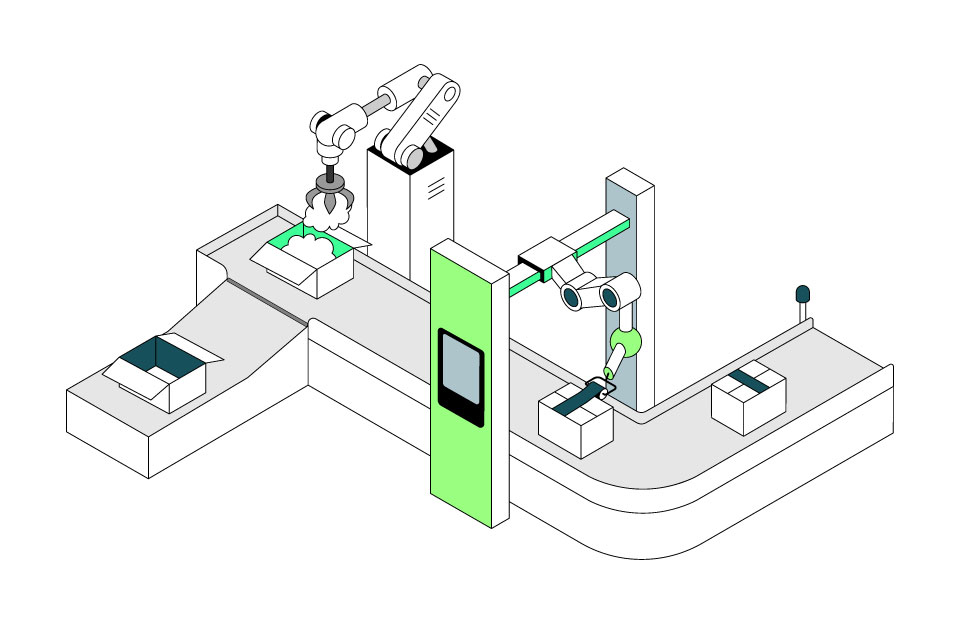
As many of you will know by now, I am a firm believer that service is essential in futureproofing against uncertainty and the key to unlocking the UK’s route to a productive and growing economy.
Between the usual economic headlines this week, one story in The FT caught my eye: the near 10% rise in “boomers” taking up casual hospitality roles as the sector actively looks to hire those nearing or past retirement age in a bid to alleviate staff shortages.
The article highlights that some of the UK’s largest hospitality chains are directly targeting older workers – and creating practices, policies, and benefits that suit a more age-diverse workforce mix. This drive in turn has brought some much-needed stability to an industry that has long struggled with staff churn.
Given the persistent hiring challenges facing our economy at large, coupled with a decline in the regular influx of younger people filling traditional seasonal roles, perhaps this approach isn’t all that surprising – and perhaps there are lessons that other sectors could learn from too.
There is much that less experienced workers can learn from those with more experience gain across different roles and within different industries. And getting the mix right, the chemistry working and the culture aligned results in an engaged workforce, satisfied customers and improved productivity.
Embracing diversity to enhance employee engagement
Fixing the current challenge with employee engagement is a priority for organisations of all sizes across the UK – and it is something we’ll be conducting research into later this year. There is, however, a universal truth that employees of all ages and backgrounds tend to seek: the need to feel valued and connected.
At its most basic, that means investing in regular training, upskilling teams to embrace new technologies, stepping onto the frontline to connect with staff, or simply listening. More than this, we should look to embrace the opportunities of a more diverse pool of employee preferences and expectations.
In the hospitality industry, embracing this age diversity is helping foster stronger connections between employees. For example, mentor-like relationships are naturally forming between older and younger generations, benefitting both the employees and the organisations they work for.
It’s also helped to directly improve elements of service quality. As the FT article highlights, one hospitality business found that older staff are more likely to be named in customer reviews, having engaged with the customer on a personal level and established a human connection with them.
Professionalising service
Empowering all your employees, regardless of age and background, with the skills and environment they need to thrive is essential, whether that’s through appropriate training or, in hospitality’s case, providing the right mix of time and role flexibility.
Doing so not only reinforces the fact that customer service is a valued profession filled with different opportunities at every stage of one’s career, but it’s also key to unlocking a productive and engaged workforce: people who feel empowered and incentivised not just to do their job, but to go above and beyond in driving customer satisfaction – and, in turn, business performance.
As we heard several times at The Institute’s Annual Conference this year, it is this attitude that can be the difference between the expected and the excellent in your service offering.


